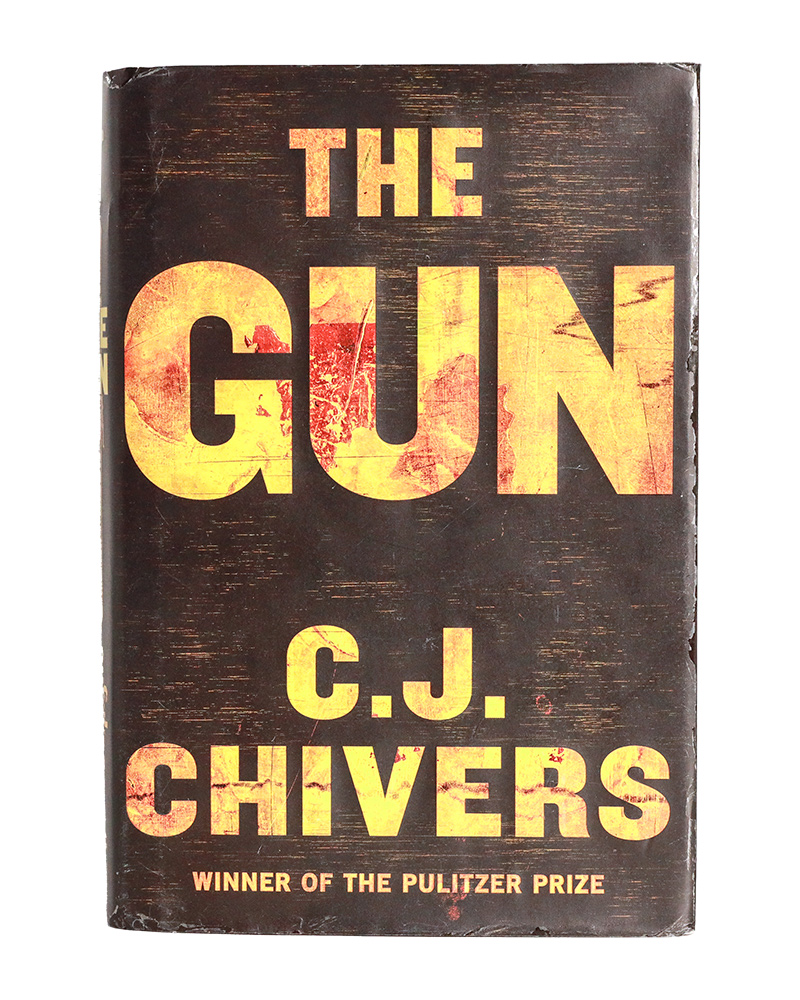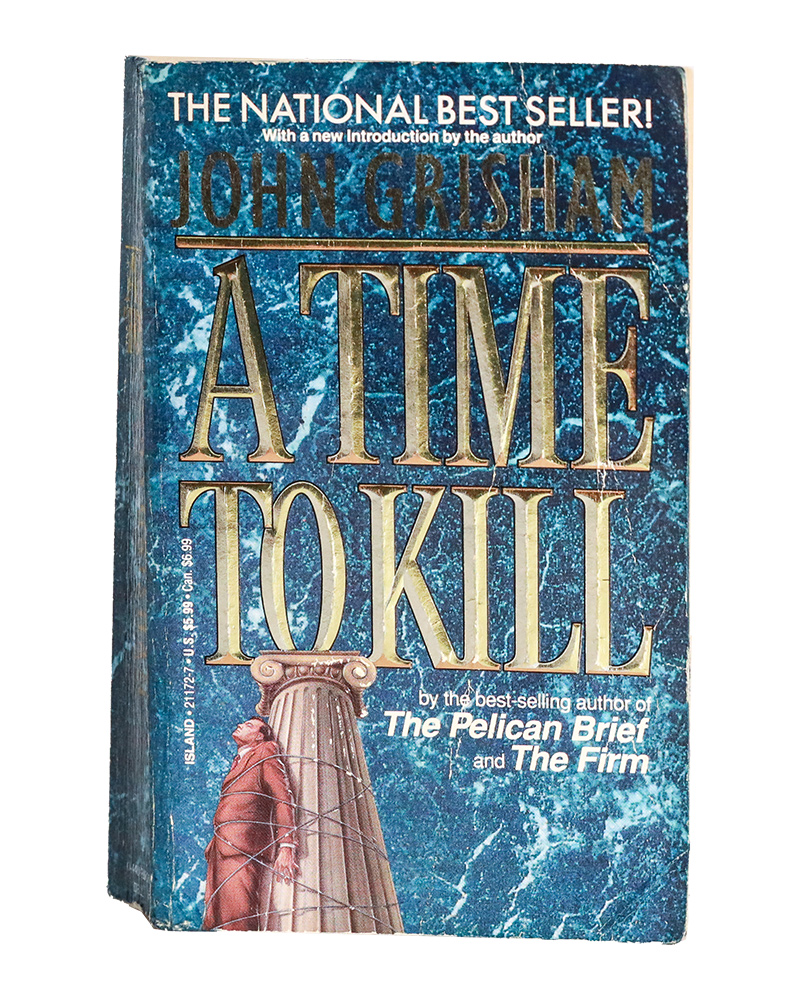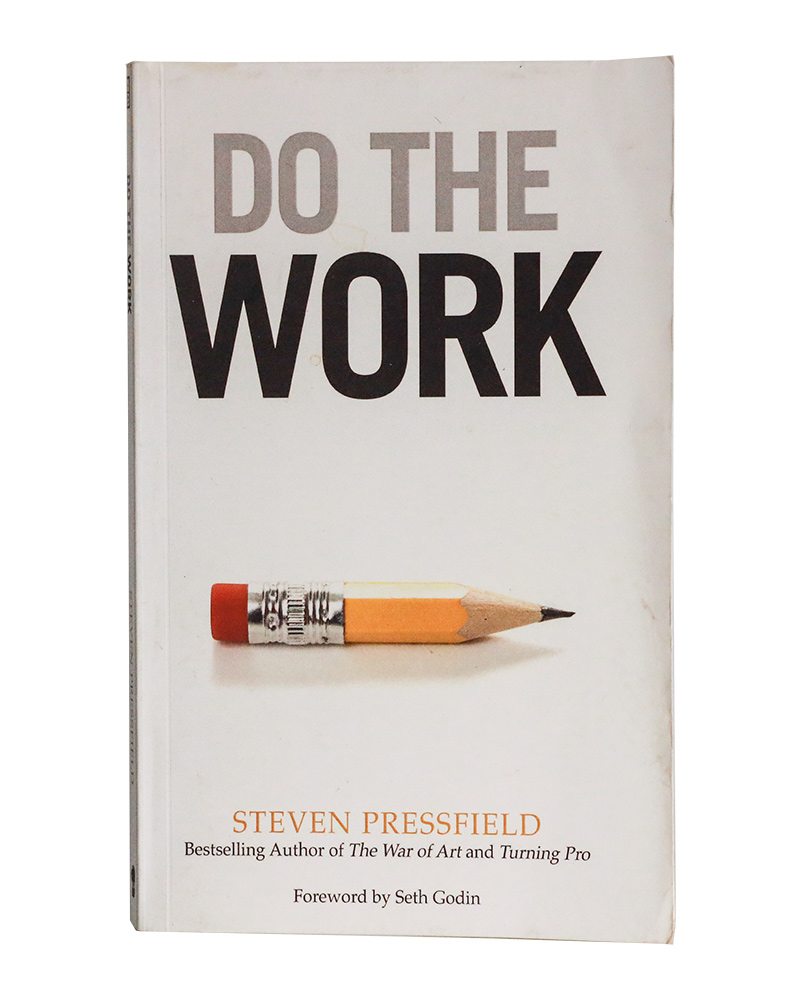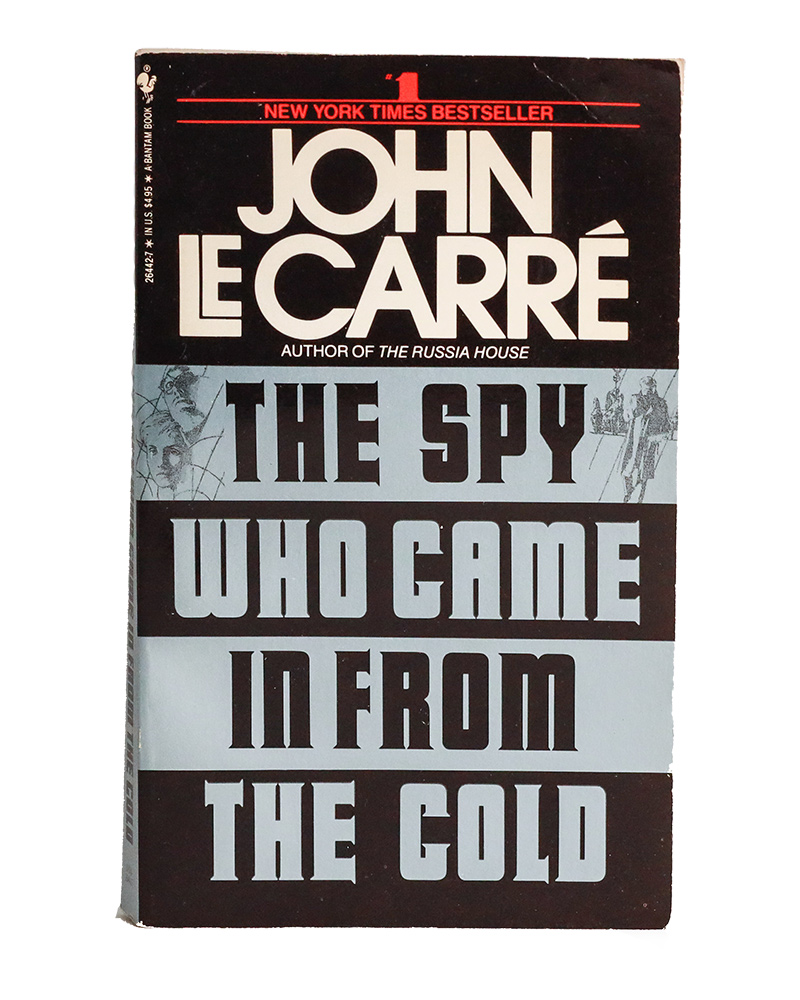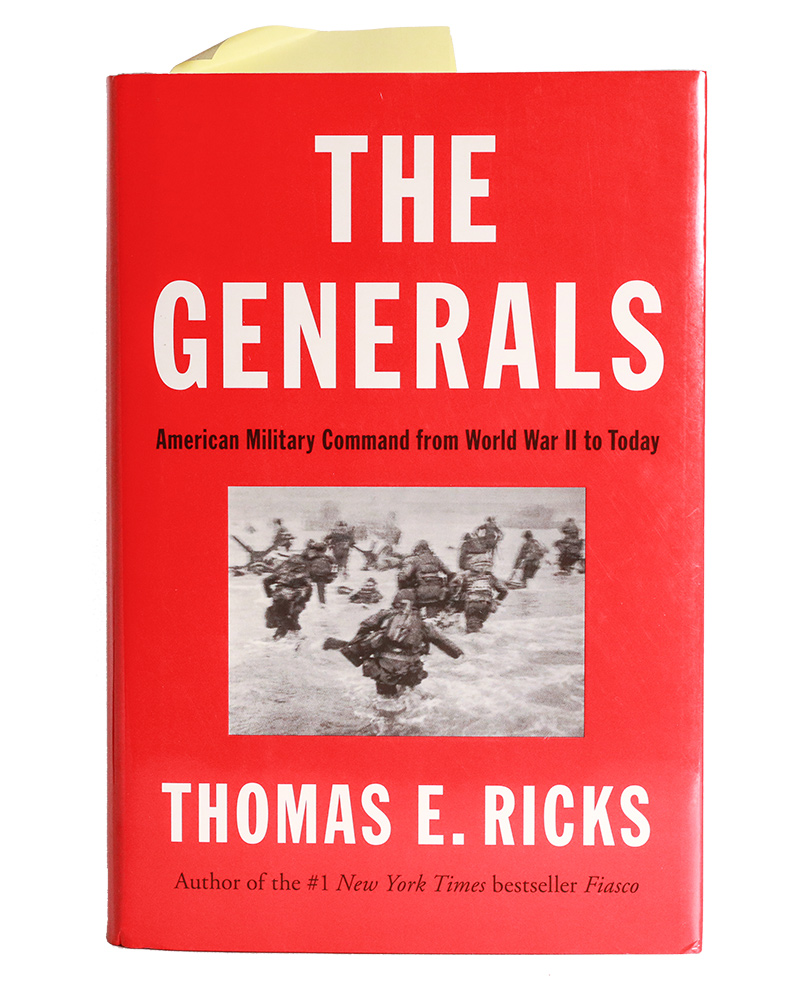JACK CARR BOOK CLUB
October 2020
October 2020 Reading List
This is the twelfth installment from my monthly reading list series. I started posting six selections a month from my personal reading list in October 2019. This month also marks the creation of a new stand-alone book specific Instagram page @JackCarrBookClub for those interested in a book club type experience in a place they can explore all my reading list selections in one location. If you are just discovering these lists for the first time and want to check out past selections, they are all posted to the blog section of my website. For those new to the Team, each month I highlight six books; some are from the professional reading list I was asked to put together for the Naval Special Warfare Center before I retired from the SEAL Teams and others are books I have enjoyed at various stages of my life not directly associated with my time in the military. Interested in the “how” and “why” behind the books that influenced me? You might find one that resonates. Happy reading!
October Reading List:
- The Gun by C.J. Chivers
- A Time to Kill by John Grisham
- Do the Work by Steven Pressfield
- The Road by Cormac McCarthy
- The Spy Who Came In From The Cold by John le Carré
- The Generals by Thomas E. Ricks
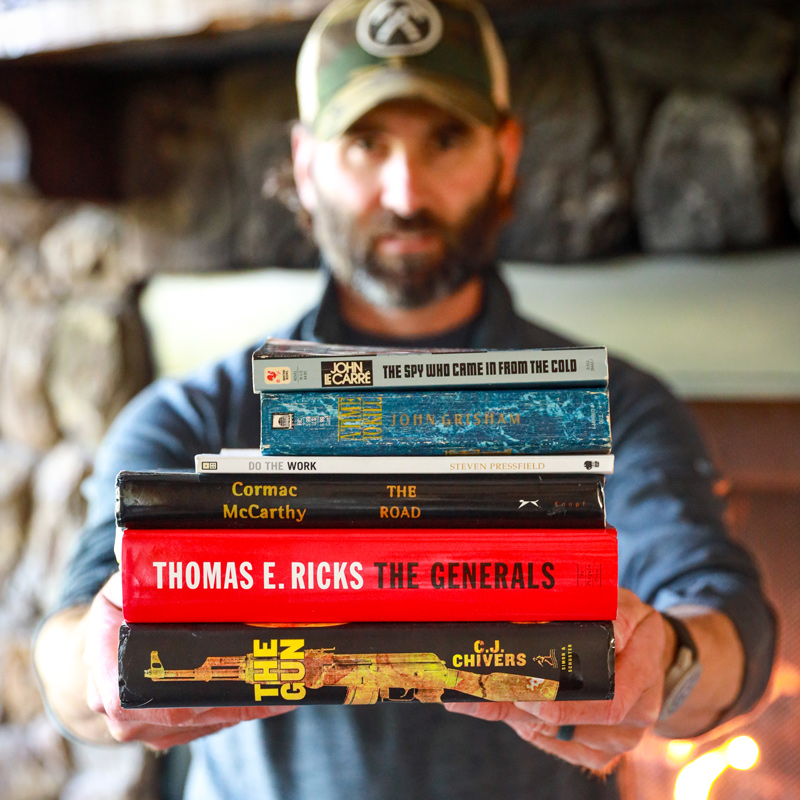
There is nothing I like more than discussing books and reading. Happy reading!
BLADES, BOOKS, AND BULLETS!
The Gun by C.J. Chivers
The Gun by C.J. Chivers is one of my most referenced and gifted books. I read it on the way to Iraq in 2011. I noticed an EOD Tech eyeing it the entire flight. He was going to Iraq for a few days before heading to Afghanistan. I gave it to him when we landed and immediately ordered a replacement copy. C.J. Chivers is one of the most talented writers working today. He is a former Marine Corps Infantry Captain and a Pulitzer Prize winning journalist. He was the New York Times Moscow bureau chief and in my opinion one of the finest journalists of this generation. More than the history of the AK-47, The Gun is the history of modern weaponry and therefore of modern warfare. If you are a student of the gun or of history, this book should move to the top of your stack.
A Time to Kill by John Grisham
Who is not familiar with John Grisham? A former attorney who later served in the Mississippi House of Representatives his name is now synonymous with the legal thriller. A Time to Kill was his first novel. It took him three years to write, working on it before and after his “day job.” Upon publication he had trouble giving the novel away. Luckily for readers he had already started work on his second book, The Firm, which would launch him to international success. He has now written over forty books with more than ten movies and a number of works adapted to television. What is interesting to me about A Time to Kill is that even though it didn’t catch on with its initial printing, I happen to think it is one of, if not his finest work. The lesson is to always keep going. I started work on True Believer before I had even sent The Terminal List to Simon & Schuster. I knew that if The Terminal List didn’t find a publisher or an audience, I would still write that second novel. That plan and drive is all due to John Grisham. If you have yet to escape into the pages of a Grisham novel, why not start at the beginning with defense attorney Jake Brigance in the town of Clanton, Mississippi. . .
Do the Work by Steven Pressfield
I am often asked if I read any books on writing before embarking on my writer’s journey. The answer is yes though they were not “how to” type books, they were books on the art of the craft. Among the most valuable books I read before I put fingers to keyboard were those in Steven Pressfield’s series on creativity. Pressfield is the brilliant author of Gates of Fire, The Legend of Bagger Vance, Tides of War, The Afghan Campaign, among many others. It is an honor to now call him a friend. My first reading list published one year ago included The War of Art. It is only fitting that I anchor this first year of monthly reading lists with Do The Work. There is simply no getting around the fact that if you want to accomplish ANYTHING in life you need to Do The Work. One of the many gems included in this incredible resource are the words, “start before you’re ready.”
The Road by Cormac McCarthy
If you are looking for an uplifting read in trying times, this is not your book. If you are looking for an “escape” and an “easy read,” this is not your book. If, however, you are looking for one of the most well written novels of the past twenty years and are willing to invest in dark prose that is utterly captivating and enthralling, and if you can make it to the end, you just might be rewarded with a sliver of hope. If you are dry eyed at its conclusion, well, I have nothing for you. . .
The Spy Who Came In From The Cold by John le Carré
Disclaimer: I am fascinated by John le Carré. Everything from his upbringing to his time in British intelligence to his sophisticated writing and morally ambiguous characters to his seaside home on the cliffs of Cornwall in South West England to his mesmerizing voice is intriguing to me. In 1963 he published The Spy Who Came In From The Cold. It was le Carré’s third novel and was an instant international bestseller. It is a masterpiece that defines the Cold War era thriller. He says, “the secret world was my natural element” and that in all his books he’s “tried to live the passion of [his] time.” As an author, it is essential to study the history of the genre. We would be wise to take notes from the master. One of my favorite John le Carré lines is that through his novels, “deflating people’s hypocrisy is always enjoyable.” Classic. . .
The Generals by Thomas E. Ricks
As with Fiasco and The Gamble by Thomas E. Ricks, The Generals was one of the books on the professional reading list I was asked to put together for the SEAL Teams before I left active duty. Just like Fiasco and The Gamble, The Generals is filled with my highlights and notes. The book’s dedication reads: “For those who died following bad leaders.” It begins with a quote attributed to Napoleon: “There are no bad soldiers, only bad generals.” A serious critique of the military leaders from the end of World War II through today, it is a volume filled with wisdom and lessons we would be wise to heed. In a statement that captures the essence of the work, Ricks writes: “. . . while in World War II the firing of a general was seen as a sign that the system was working as planned, now, in the rare instances when it does occur, it tends to be seen, especially inside the Army, as a sign that the system somehow has failed.” Unfortunately, the past twenty years have only confirmed Ricks’ observations. Those who are responsible for the strategic level blunders in Iraq and Afghanistan now sit comfortably on corporate boards in retirement. In the prologue, Ricks quotes Army Lieutenant Colonel Paul Yingling in one of the most poignant, truthful and distressing observations of the modern era: “As matters stand now, a private who loses a rifle suffers far greater consequences than a general who loses a war.”

